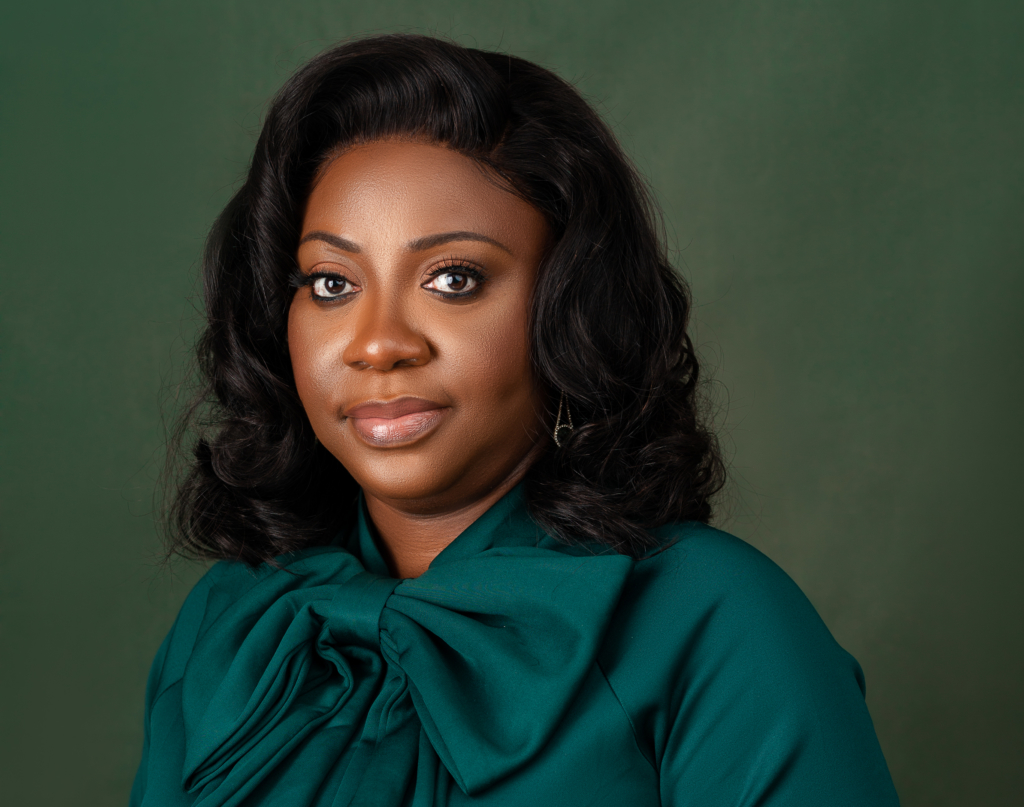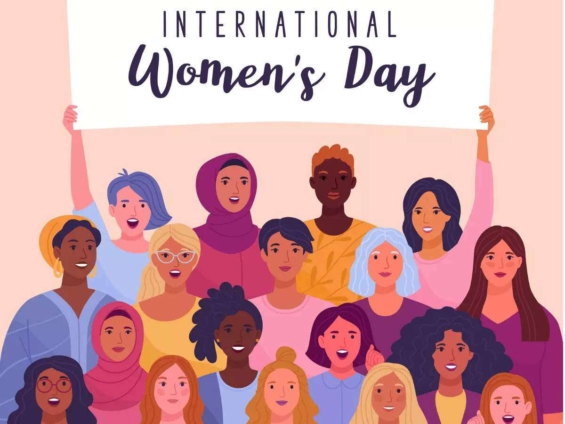As the world commemorates International Women's Day on 8th March, with several workshops, and activities, it is critical that we remember the end aim. Accelerate gender equality and empower all women and girls by 2030, which is Sustainable Development Goal (SDG) 5.
Indeed, attaining equality will also positively affect the outcomes of several other goals. If women are empowered, we will be able to improve digital and financial inclusion, contribute to society and the economy, and help secure and preserve the environment for future generations. This is why it is unquestionably necessary to change the current trajectory in order to make the needed impact.
The continuous lack of representation of women in political and economic decision-making constitutes a threat to women's empowerment and gender equality. This should be a source of worry for males, who have an equal responsibility to play in addressing these challenges. Both men and women must step up their efforts for equality, build on the foundation that has already been established, make the required investments, develop partnerships with the corporate sector and civil society, and hold individuals responsible for their actions. This will drive significant improvement and the changes that are desperately needed.
"Break the Bias", the theme for this year's celebration can be described as the propensity to favour one gender over another based on preconceived notions and attitudes. This theme could not have come at a better time for me, as gender bias and stereotype are the root cause of the imbalance.
As humans, we unintentionally create these biases, which ultimately impact how we interact with others. Until recently, test books and magazines depicted women as nurses and men as doctors. Even though girls tend to excel in math and science courses through high school, the perception is that girls do well in arts and writing courses while boys are great at math and science.
For me, ''Break the Bias'' is about leading and excelling where society expects women to fail. Women in Ghana and across the world are transforming various industries by driving change and innovation in businesses and government. Businesses in the western world, especially in Asia and the Pacific regions, have discovered that putting women in leadership positions is good for business and good for the overall economy, and are deliberately pursuing this.
So how do we break the bias and gender stereotypes?
Challenge the Patriarchal Systems
We live in a world where males have greater authority and women are mostly marginalised. While this is increasingly changing, we should all make that commitment, realign our thinking, and embrace the basic reality that women and men are equal and deserve equal opportunities. For every decision made, look at things objectively with a gender-oriented lens.
More Role Models
Many young girls' self-esteem, professional desire, and job prospects have increased as a result of seeing and engaging with women in leadership. Together with other leaders, we have been working hard to raise awareness and provide opportunities for many more women. Our fight for gender equality is on a critical path and we need more role models.
Support Women into Leadership Roles
Across Vodafone, our ambition is for women to hold at least 45% of management and leadership roles by 2030 and have instituted policies that support women at every stage of their professional lives. Many organisations like Vodafone have also established gender targets for each function in order to help break the bias.
Create Policies that Empower Women
Create policies that enable effective evaluation of people's genuine potential and mitigate the influence of biased judgment, particularly during recruiting. Furthermore, it is important that you establish unbiased and non-discriminatory policies that ensure employees have a proper way to comment or report on inappropriate treatment in the workplace.
The whole drive for gender equality is simply to ensure that ones’ responsibilities and opportunities will not depend on whether they were born male or female. It should not be seen as a fight for supremacy or competition between men and women.
As women, we only want to be able to use our untapped ideas, innovation, and talent for the good of society, country and the world.
We will only win by fighting stereotypes, discrimination and biases. As individuals, we have a duty to challenge harmful gender norms and beliefs. All in all, overcoming gender inequality is a victory for everyone.
****

The writer is the CEO of Vodafone Ghana
Latest Stories
-
Semenyo strike gives Bournemouth win over Fulham
1 hour -
Latif Iddrisu vs IGP: ‘You were not referred for advanced medical attention’ — AG tells journalist
2 hours -
Modric becomes Swansea ‘investor and co-owner’
2 hours -
Villa can write themselves into history – Emery
2 hours -
Newcastle boss Howe recovering from pneumonia
2 hours -
Richard Kwabena Asare: Driving Ghana’s economic growth through public sector financing
3 hours -
We don’t want Ahafo North to be like Obuasi, Tarkwa – Parliament Committee to Newmont
3 hours -
Newmont Ghana Gold Limited pays GH₵9.4bn in taxes for 2024
3 hours -
Damanag lease extension: We continue to seek ongoing engagement with government – Gold Fields
3 hours -
Kumasi Metro CEO talks tough in building city on foundation of discipline
4 hours -
3 schools qualify for grand finale of Luv FM Primary Schools Quiz
4 hours -
New gold trading law targets smuggling, formalisation in sector – GoldBod
4 hours -
KMA Mayor to resort to instant corporal punishment to decongest the city
4 hours -
Lands Minister commissions 453 Blue Water Guards, charges them to uphold professionalism
5 hours -
Eunice Amoo-Mensah: Revolutionising pension funds in Ghana through securities lending
5 hours

